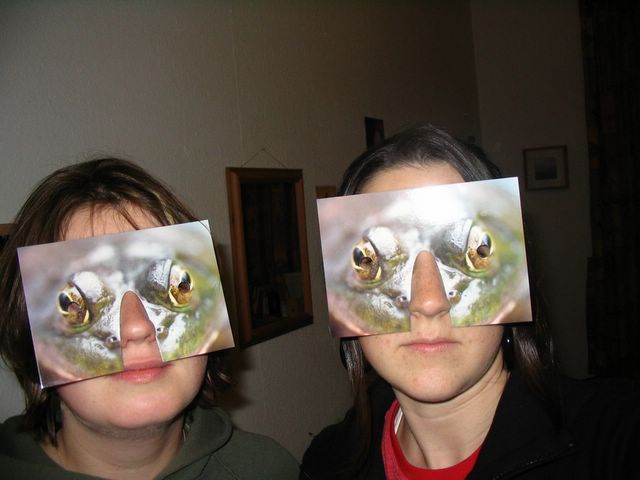the african commentary...in english
New book makes Bible relevant in African eyes
Xan Rice in Nairobi
Monday July 10, 2006
The Guardian
"The one with diarrhoea opens the door" might seem an unlikely sentence in a book explaining biblical scriptures. So too essays on witchcraft, rape, ancestral worship and female genital mutilation - especially on a continent where attitudes to Christianity are usually conservative.
But Africa Bible Commentary, a new 1,600-page tome, provides explanations of verses from all 66 books of the Bible, using local proverbs and idioms to make reading relevant to African eyes while remaining true to the scriptures. More than a decade in the making, the book has been put together by 70 scholars and theologians from 25 countries, and represents a range of Protestant churches.
"Never before has there been a commentary like this written solely by Africans," said Tokunboh Adeyemo, the book's editor, after its launch in Kenya last week. "The Bible has global meaning but the interpretation needs to be local."
Even with a £15 price tag, early sales appear brisk. But there are contradictions between Christianity and age-old traditions and taboos, and it is these tensions that the book seeks to address. In the Old Testament, for example, Ruth's decision to look for food on arriving in Bethlehem instead of waiting for assistance is explained by the Malawian saying "the one with diarrhoea opens the door" - meaning that the one with a problem goes to seek help.
The most controversial material is to be found in essays that give instruction on how to behave in the modern world. In the section on Genesis, a Kenyan theologian says of female genital mutilation: "To abuse the body in a way that destroys the ability to appreciate one of God's gifts is an insult to his creation." Widow inheritance, still common in many tribes, is deemed to "conflict with the Christian belief that death ends the marriage union". But other interpretations are more literal. Homosexuality is described as "having deep roots in our sinful nature".
The book, first published in English, will soon be available in French, with Swahili, Amharic, Portuguese, Yoruba, Zulu and Afrikaans versions also planned.

